If you have decided to submit a claim for Social Security Disability (SSD) benefits, you will need to become familiar with the application process.
The Social Security Administration (SSA) will want to see proof of your disability. They can access your medical records, but should you gather the information yourself?
Requiring evidence
When you submit a claim for SSD benefits, the Social Security Administration will want “objective medical evidence” to prove the condition that prevents you from working meets the SSA definition for “disabled.” Therefore, your medical records represent an essential accompaniment to your claim. Although the SSA can gather those records, it is better for you to pull them together yourself. First, the effort you put in will reduce the time it takes for the SSA to make a decision on approving your claim. Second, you ensure that nothing is overlooked in terms of backup for your disability.
Looking at costs
In addition to medical reports from doctors and other healthcare providers, you will want x-ray copies, blood test results, prescription drug records and similar documentation about your disability. You can obtain some of these records free of charge. However, you will see charges if healthcare personnel need to locate and copy certain documents, such as your HIPAA-protected treatment records.
Filling out RFC forms
Either a Physical Residual Functional Capacity form or a Mental Residual Functional Capacity form must also accompany your SSD benefits claim. These RFC forms require signatures from the doctors or counselors who are treating you. They provide further details about your disability to accompany your medical records and support your claim for SSD benefits. Remember, when you provide the SSA with complete information about your disability, you better your chances for approval.


